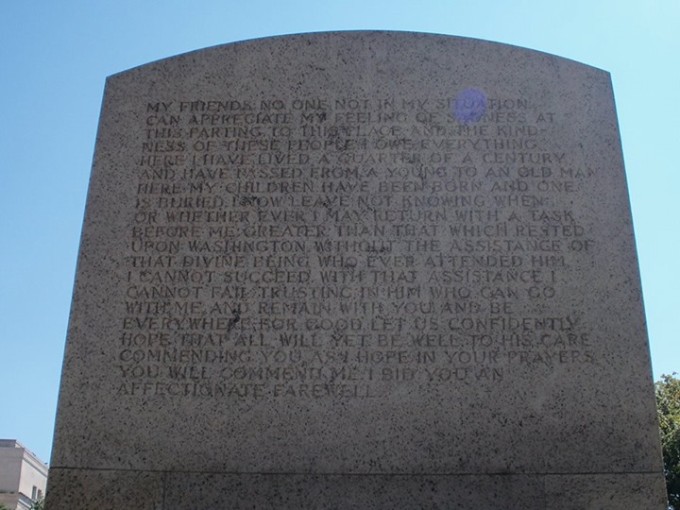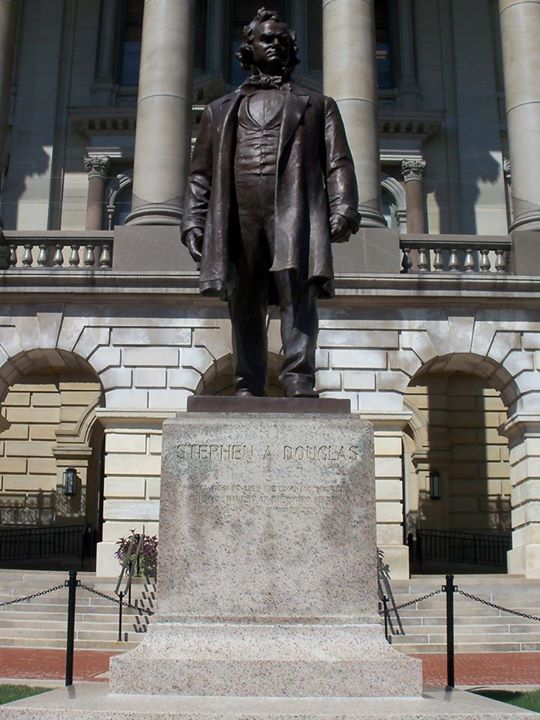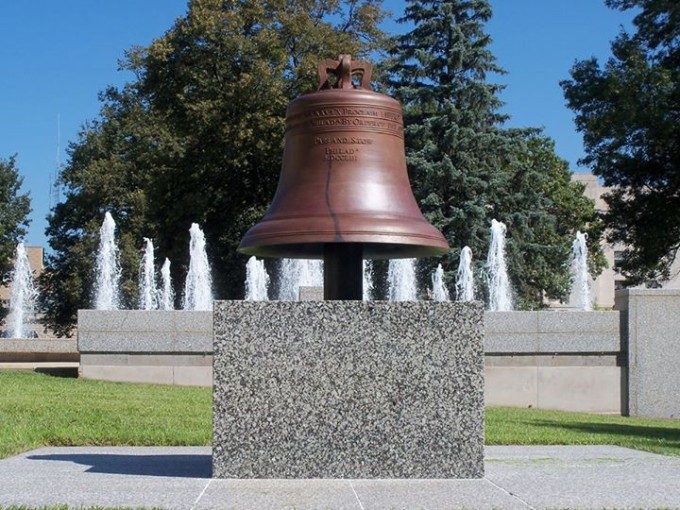
Friday, 13 March 2015
If in this life only we have hope in Christ, we are of all men the most pitiable. 1 Corinthians 15:19
In the preceding verse, a list of reasons was noted concerning our sad state if Christ is not in fact risen. Today’s verse completes Paul’s list. Taken together, his seven reasons are:
1) Preaching the gospel is empty
2) The faith of the believer is also empty
3) The apostles are actually found to be false witnesses of God
4) The believer’s faith is futile
5) All remain in bondage to their sins
6) Those who have fallen asleep in Christ have perished
7) We are of all men the most pitiable
Many scholars believe that Paul’s words in this final consequence are directed to the apostles only and not to believers in general. However, when looking at the list as a whole, it is quite clear that this is not the case. He makes no distinction between the apostles and the believers unless it is otherwise noted. Further, he moved his thoughts from the apostles to all believers by consequence 4. Thus, that is a bad analysis. Rather, this final consequence applies to all who have put their faith in Christ.
The reason for this is that as believers, we are asked to not only hope in the future to come (which, admittedly is something many other religions do), but to also live a life worthy of that calling now. In other words, most people expect that they will “go to heaven” even without Jesus. And so this can’t be what Paul is speaking of. Further, most religions also teach to do good works in order to have the balances tip in their favor in hopes of heaven. As this is so, our good works and self-denial can’t be the sole reason that Paul is speaking of.
Additionally, of those who do good works and practice self-denial, there are zillions of people who do far more than Christians. There are Buddhist monks, Hindu priests, Islamic Imams, Jewish Rabbis, Jehovah’s Witnesses and the like – all who do stuff for their false gods or false perceptions about the true God. Islam even teaches that getting martyred in the cause of jihad is a one-way guarantee to heaven. All of these people are to be pitied for their misguided allegiances to false gods and/or false worship. And so what is it about Paul’s statement that makes this ring true?
The answer is first to understand the grammar of the Greek. The word “only” comes at the end of the clause in the structure of the Greek – “If in the life this, in Christ having hope we are only…” The “only” is emphatic. If Christ isn’t risen, then we are putting our hope only in Christ for this life. We have no hope of heaven like all the others have (even though they are wrong about their hope). We are hoping in something which ends in this life.
Further, our good deeds are based on our forgiveness of sins. They are not in hopes of forgiveness of sins. It is the great distinction between Christianity and all other religions. And so, logically, if we are out doing good stuff when we have already been forgiven, but with no hope of heaven (because Christ isn’t risen), then truly “we are of all men the most pitiable.”
Without some reason for the good deeds, why do them? As Paul says later in verse 33, “Let us eat and drink, for tomorrow we die!” If this is all there is, then the doing of good deeds after forgiveness is about as stupid as making football bats. You are doing something that has no final purpose. Why be a faithful spouse? Why tell the truth? Why be honest in business dealings? Why do anything moral and proper? If you are forgiven in advance, then take advantage of it! If there are no further consequences, dive in to sin and immerse yourself in it!
Life application: We have a sure hope in heaven because of the work of Christ – all of the work of Christ, including the resurrection. We are not to be pitied, we are to be regarded with a burning jealousy which should drive men to Christ for the same sure hope that each of us possesses. Demonstrate your faith so that others see it and desire it as well.
Heavenly Father, unlike every other religion on earth, Christianity asks us to do good because we are saved, not in order to get saved. I trust solely and completely in the finished work of Christ. I know that the moment I received Him, I was saved – once and for all eternity. Now, give me the burning desire to live for Him, work for His name, and even to die proclaiming the truth of His message. Let my life be given for Christ, whose life was given for me. Amen.





